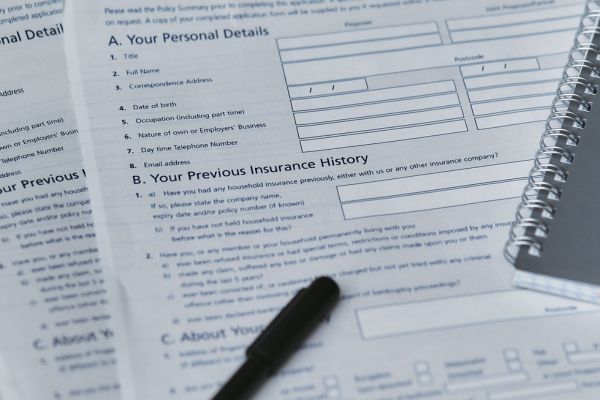What Insurance Should My Builder Have in 2024
Are you gearing up for a new construction project? Concerned about potential accidents or site damage along the way? Understanding what insurance coverage your builder should have in 2023 is crucial for ensuring adequate protection and compensation. In this guide, we’ll explore the various types of insurance policies most builders should possess and their respective purposes.
Types of Builder’s Insurance:
Public Liability Insurance:
- Public liability insurance is paramount for builders, providing coverage for third-party injuries or property damage occurring during construction. This encompasses accidents involving clients, subcontractors, or the general public, shielding the builder from potential legal and financial repercussions.
Contract Works Insurance (Construction All Risks Insurance):
- Tailored for construction projects, contract works insurance safeguards against loss or damage to building works, materials, and equipment during construction. It offers comprehensive coverage against fire, theft, vandalism, or natural disasters, protecting the project from unexpected setbacks.
Employer’s Liability Insurance:
- Builders often oversee a team of workers, making employer’s liability insurance a crucial legal requirement in many jurisdictions. It shields the builder against claims from employees for injuries or illnesses sustained while on the job, ensuring a safe working environment.
Importance of Builder’s Insurance:
Ensuring your builder has adequate insurance isn’t just a legal obligation; it’s integral to responsible construction management. Here’s why:
- Legal Compliance: Many regions mandate specific insurance types for builders. Non-compliance can lead to legal consequences, fines, or project suspensions.
- Financial Protection: Construction projects involve substantial investments, and insurance covers costs related to accidents, damages, or legal claims, preventing financial strain.
- Risk Mitigation: Construction sites pose inherent risks, and insurance helps mitigate them, preparing builders for unforeseen events that could otherwise disrupt the project.
FAQs: What Insurance Should My Builder Have?
- In builder’s perspective, what insurance mandatory? Yes, in many areas, particularly public liability and employer’s liability insurance, are mandatory. Local regulations should be checked for compliance.
- Can builders customize their insurance coverage? Absolutely. Builders can work with insurers to tailor coverage to their project’s specific needs, ensuring adequate protection.
- How does builder’s insurance affect project timelines? Insurance minimizes disruptions; in case of unforeseen incidents, it can expedite resolutions, keeping the project on track.
- Are there differences in insurance requirements for residential and commercial builders? Yes, requirements may vary based on project scale and nature.
- How can builders lower insurance premiums? Implementing safety measures, providing team training, and maintaining a good track record can demonstrate low-risk status to insurers, potentially reducing premiums.
Is it necessary for your home insurance company to know if you’re having work done on your property?
“It’s highly recommended that homeowners inform their home insurance providers whenever renovations or repairs are carried out on their properties. Failure to do so could lead to policy restrictions and increased fees, and in some cases, even policy cancellation.
It’s important not to hesitate inquiring about a builder’s insurance coverage. There’s nothing wrong with seeking confirmation, especially since it’s a legal requirement for builders to have employers’ liability insurance if they have at least one employee. Any reluctance or inability to provide proof of insurance should raise concerns, and homeowners should avoid contractors who cannot verify their insurance coverage.
Finding out if a builder is insured is a simple process. Just ask the builder directly. Reputable builders will gladly share information about their insurance options, some even listing them on their websites. Alternatively, homeowners can contact the insurance provider directly to confirm coverage.
If a builder refuses to provide proof of insurance, it’s best to seek another contractor. There’s no valid reason for a builder to withhold insurance documentation, and such behavior should be considered a red flag. Homeowners should start looking for alternatives if a builder insists on not disclosing insurance details.
In conclusion, understanding what insurance coverage a builder should have is crucial in construction management. It’s not just about legal compliance but also proactive risk management. Builders need to assess their project’s requirements carefully and collaborate with insurance providers to tailor coverage that ensures a smooth and secure construction process. Ultimately, investing in insurance is an investment in the builder’s business success and longevity.“






